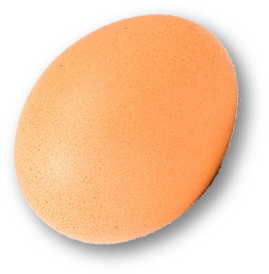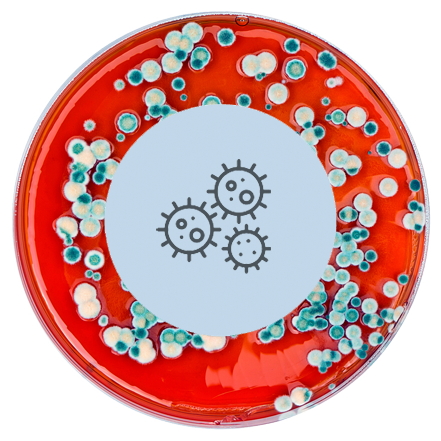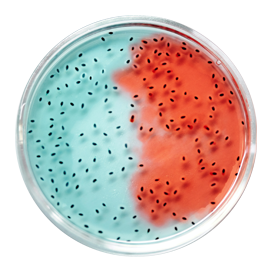The Mold Immunoreactivity Panel assess IgE, IgG and IgA antibodies to 7 mold antigens. Each positive test result comes with a complimentary Mold Elimination Plan.



If you are suspecting mold allergies or sensitivities, avoiding all exposure of mold may not be possible. However, you can reduce your risk by identifying problem molds through our serum blood test.
Alletess Medical Laboratory provides a Mold Elimination Plan, which is helpful in reducing your risk of reaction. Helpful tips such as cleaning up your environment and choosing your foods carefully will help alleviate symptoms. Avoid foods that are more likely to contain mold or other fungi, such as mushrooms or yeast.
As research progresses, we continue to update and change our molds to strive to test for the molds that have the most negative impact on patients health.
The Mold Immunoreactivity Panel assess IgE, IgG and IgA antibodies to 7 mold antigens. Each positive test result comes with a complimentary Mold Elimination Plan.
The Expanded Mold Immunoreactivity Panel assess IgE, IgG and IgA antibodies to 16 mold antigens. Each positive test result comes with a complimentary Mold Elimination Plan.
Mold Immunoreactivity Panel:
Serum: 3 mL
Expanded Mold Immunoreactivity Panel:
Serum: 4 mL
Wheezing
Coughing
Sneezing
Runny/blocked nose
Redness of eyes/Itchy eyes
Rash or skin irritation
Sore throat
Headache
Lung irritation
Severe reactions can include fever and shortness of breath